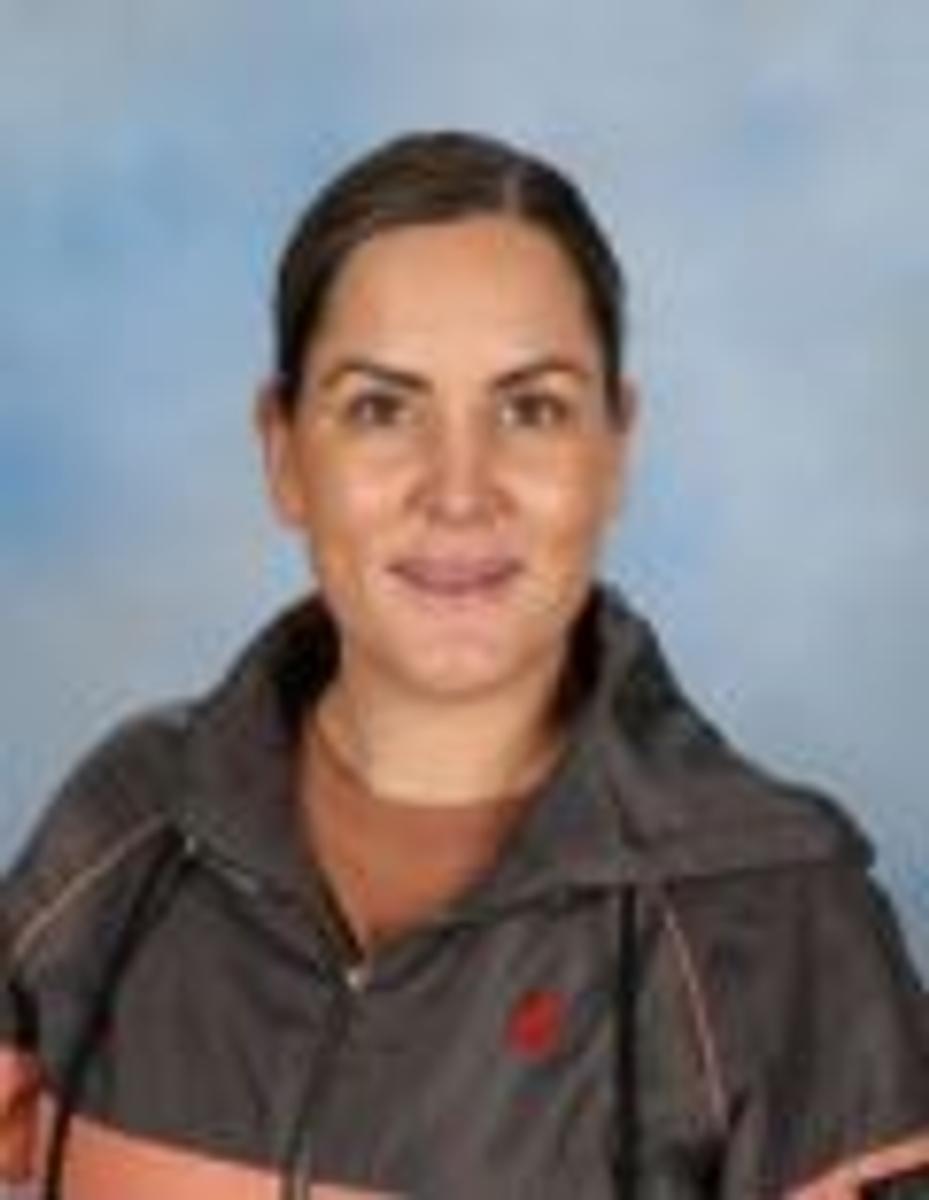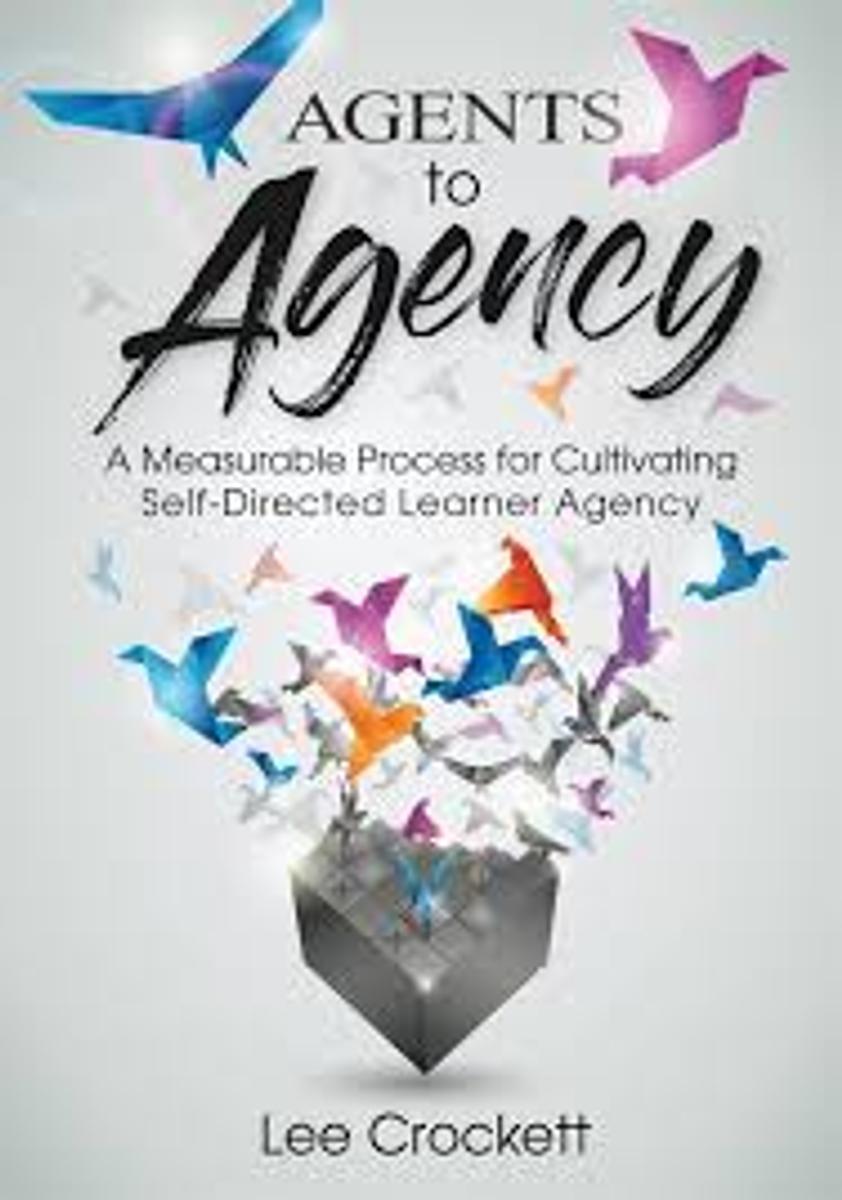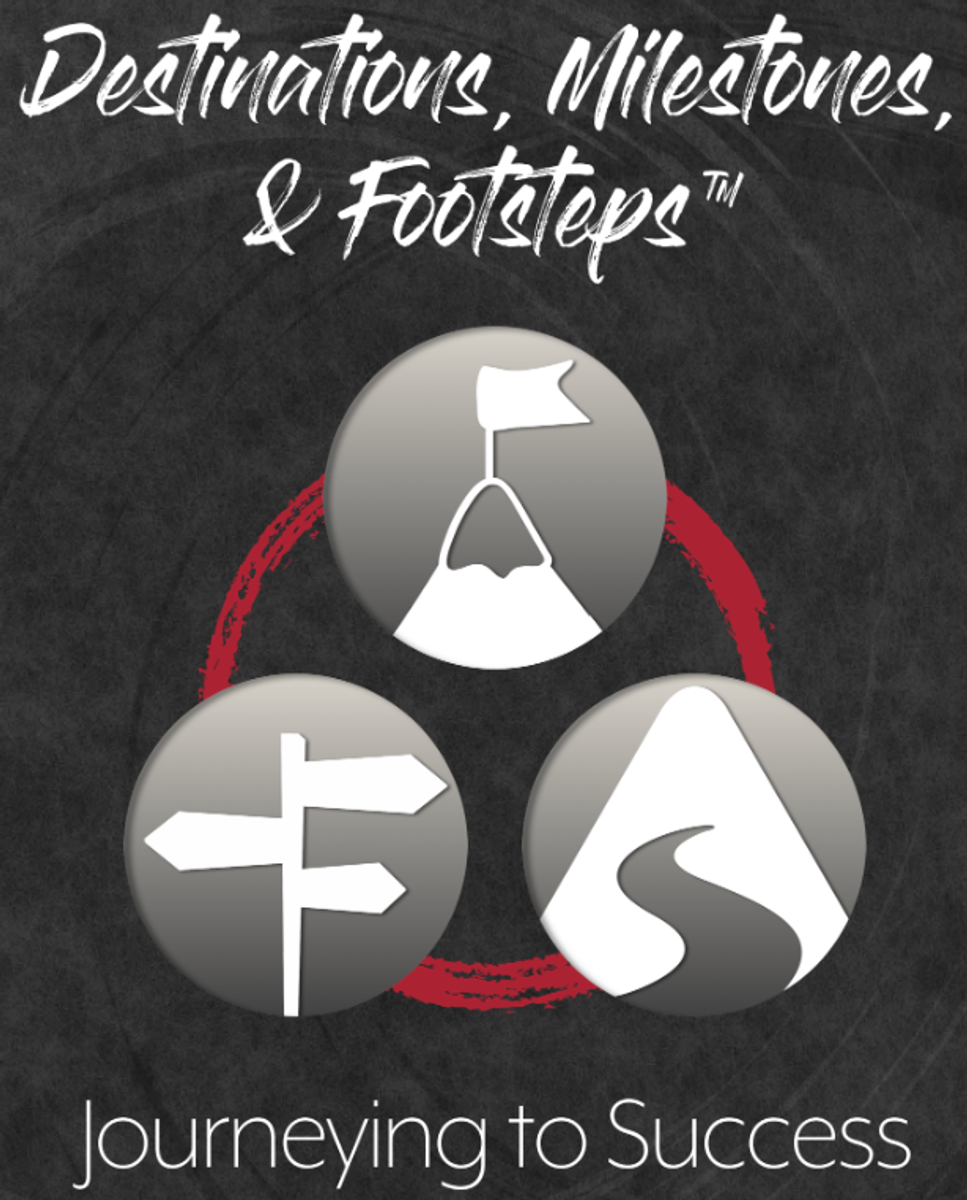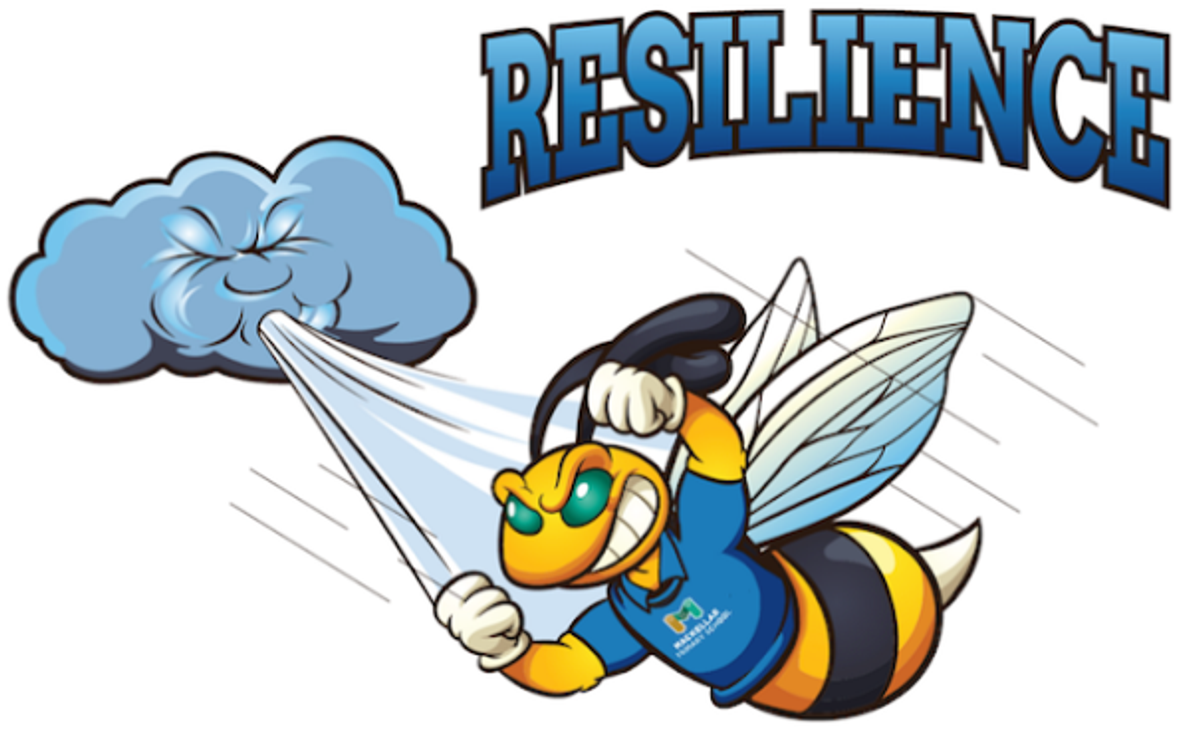Student Voice & Agency,
Confidence & Resilience

Student Voice & Agency,
Confidence & Resilience
Dear Parents,
In this our final edition in our Parent Opinion Survey series, we are focussing on Student Development, with particular emphasis on student voice and agency, confidence and resilience.




As you may be aware, we have been working with a consultant named Lee Crockett since 2021 and his Future Focussed Learning approach. This year Lauren Wishart has taken up a leadership role at the school of Learning Specialist (Student Agency) working with Lee to advance this work taking students from being agents of their learning to having agency in their learning.


Together they have been promoting student voice (which can be thought of as choices in one's learning) and agency (which can be thought of as autonomy in one's learning). Whilst there are many examples of student choice, one that may be familiar to you can be found at home with our approach to homework seeing students selecting activities from a range of higher-order thinking tasks.
To have agency in learning however, students need to be able to decide the direction of their learning and we do this through Future Focused Learning. Examples of this include providing context and relevance, higher-order thinking tasks, mindful assessment and goal setting. All students at the school have individual and/or group writing goals specific to them. They know why they have these goals and they know how to achieve success in these. In term three they will be adding reading goals to their repertoire of learning.


You may have heard your children talking about Destinations (end point), Milestones (points of progress) and Footsteps (daily activities). These are the words we use to describe the journey of learning students make and are another example of student agency in practice.
The destination, or end point for a unit is the standard of achievement in the curriculum. In deciding their journey to achieve that, the teacher and students co-create milestones to show student progress. By co-creating these, students have ownership in their learning, they understand and have a stake in what is expected of them, and it demystifies what the teacher is looking for to show they have achieved their learning.


That way, when difficulties arise, or challenges are faced, students have a better understanding of what is expected of them and are more willing to give things a go, accepting responsibility for their learning, making decisions about their learning and solving problems in their learning- all of which are key strategies in developing resilience and building confidence.
Hopefully these articles have provided some understanding of school operations for you to answer the parent opinion survey where you will of course make your own judgement as to how well we do these things.
Regards,
Mackellar PS